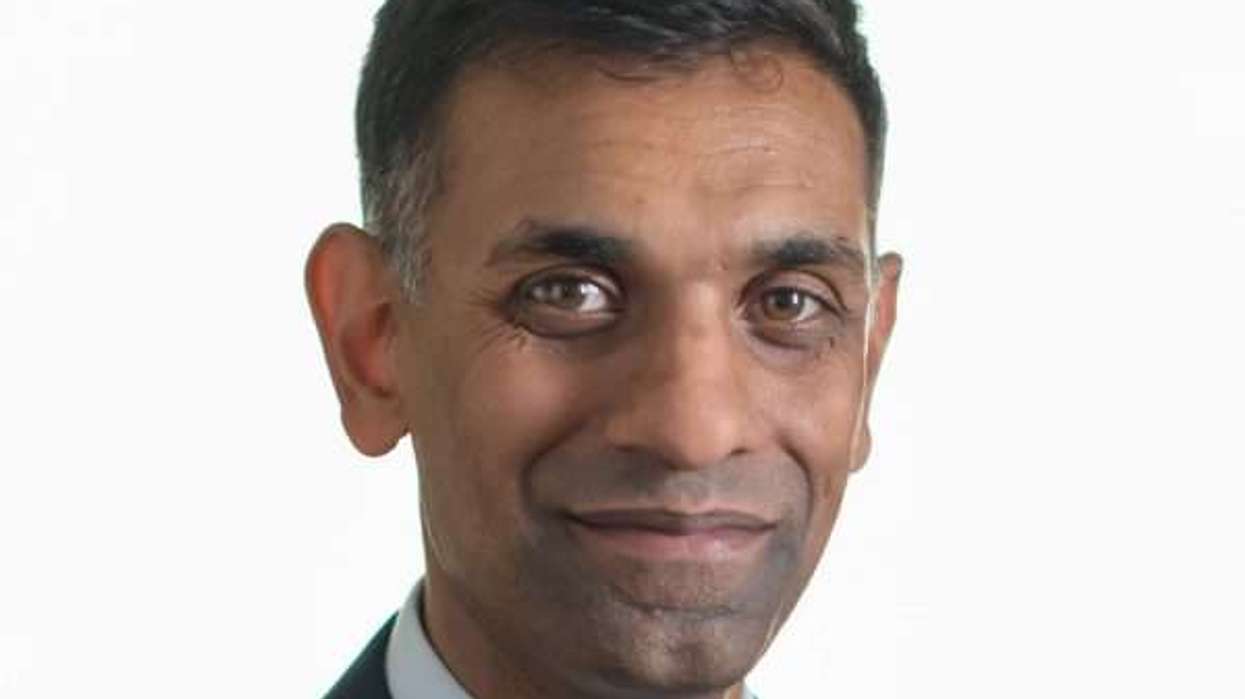India team coach Ravi Shastri has dismissed rumours regarding M S Dhoni's retirement, saying the 37-year-old wasn't going anywhere.
Twitter was abuzz on Thursday with news of Dhoni's reported retirement after he was seen taking the match ball from the umpire at the end of the third one-day international against England at the Headingley cricket ground in Leeds on Tuesday.
According to Shastri, Dhoni took the ball to show it to bowling coach Bharat Arun.
"That's rubbish. MS is not going anywhere," Shastri said, according to the Times of India. "MS wanted to show the ball to Bharat Arun. He wanted to show him the wear and tear the ball had endured, to get a general idea of what the conditions were like."
Dhoni received a lot of criticism from cricket fans for his slow batting. He was even booed when he became the fourth Indian to score 10,000 runs.
Defending Dhoni, former Team India captain Sourav Ganguly said Dhoni was one of the greatest players India has produced.
"The people shouldn't boo Dhoni," said Ganguly, according to India TV News. "He's one of the greats. I don't think we will ever find a player like him in the times to come. He got stuck out there, couldn't rotate the strike. He should start hitting because that's his natural game. One starts questioning his abilities, as to whether he can perform in the same fashion like he did before. In 2005, he used to hit bowlers in any conditions. In Pakistan, he went and hit sixes all around. The team management should sit and talk to him, give him the No.6 spot and tell him to get back to his natural game."



